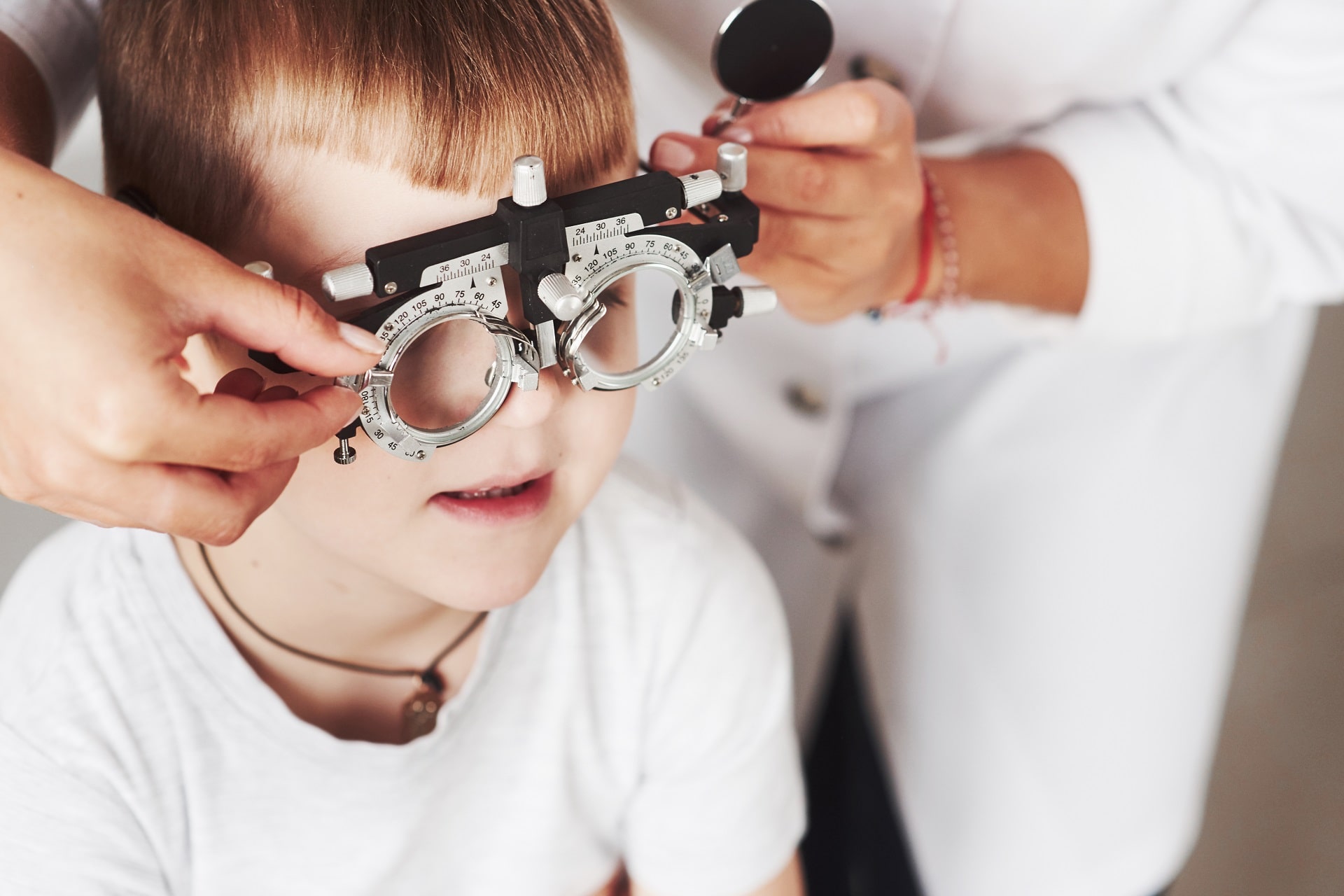Why Cholesterol and Triglyceride Tests Matter More Than You Think
When it comes to heart health, knowledge is power—and that starts with understanding your cholesterol and triglyceride levels. These simple blood tests can reveal a lot about your risk for heart disease, stroke, and other serious conditions. Let’s break down what these tests are, why they matter, and what to expect.
What Are Cholesterol and Triglycerides?
Cholesterol is a waxy, fat-like substance that your body uses to build cells and make hormones. While it’s essential for your health, having too much of certain types of cholesterol can clog arteries and raise your risk of serious heart problems.
- LDL (Low-Density Lipoprotein): Often called the “bad” cholesterol, this type can stick to artery walls and lead to blockages.
- HDL (High-Density Lipoprotein): Known as “good” cholesterol, it helps clear out excess cholesterol from your bloodstream.
- Total cholesterol: This includes your LDL, HDL, and other lipid components.
Triglycerides are another type of fat found in your blood. High levels—especially when combined with high LDL or low HDL—can significantly increase your risk for cardiovascular disease.
Why Are These Tests Done?
Doctors use cholesterol and triglyceride tests to:
- Assess your risk of heart disease, stroke, and atherosclerosis
- Monitor the effectiveness of cholesterol-lowering treatments
- Track changes in your long-term health
- Screen for genetic lipid disorders
These tests are typically part of a lipid panel, which gives a full picture of your blood fat levels.
How to Prepare for the Test
To get accurate results, you may need to follow some simple instructions before your test:
- Fasting: Some lipid panels require you to fast for 8–12 hours beforehand—only water is allowed.
- Avoid alcohol for at least 24 hours before the test.
- Inform your doctor about any medications, supplements, or herbal remedies you’re taking.
What Happens During the Test?
The test itself is quick and straightforward. A healthcare provider will take a small blood sample, usually from a vein in your arm. The procedure takes only a few minutes, and results are usually available within a few days.
Understanding Your Results
Here’s a general guideline:
- Total cholesterol: Less than 200 mg/dL is desirable
- LDL (“bad” cholesterol): Less than 100 mg/dL is optimal
- HDL (“good” cholesterol): 60 mg/dL or higher is protective
- Triglycerides: Less than 150 mg/dL is considered normal
Your doctor will interpret these results based on your age, lifestyle, family history, and other health conditions.
Final Thought
Cholesterol and triglyceride levels are more than just numbers—they’re early warning signs for future heart issues. Staying on top of these tests and maintaining a healthy lifestyle can help you live a longer, heart-healthy life. If it’s been a while since your last test, talk to your doctor about getting checked today.




